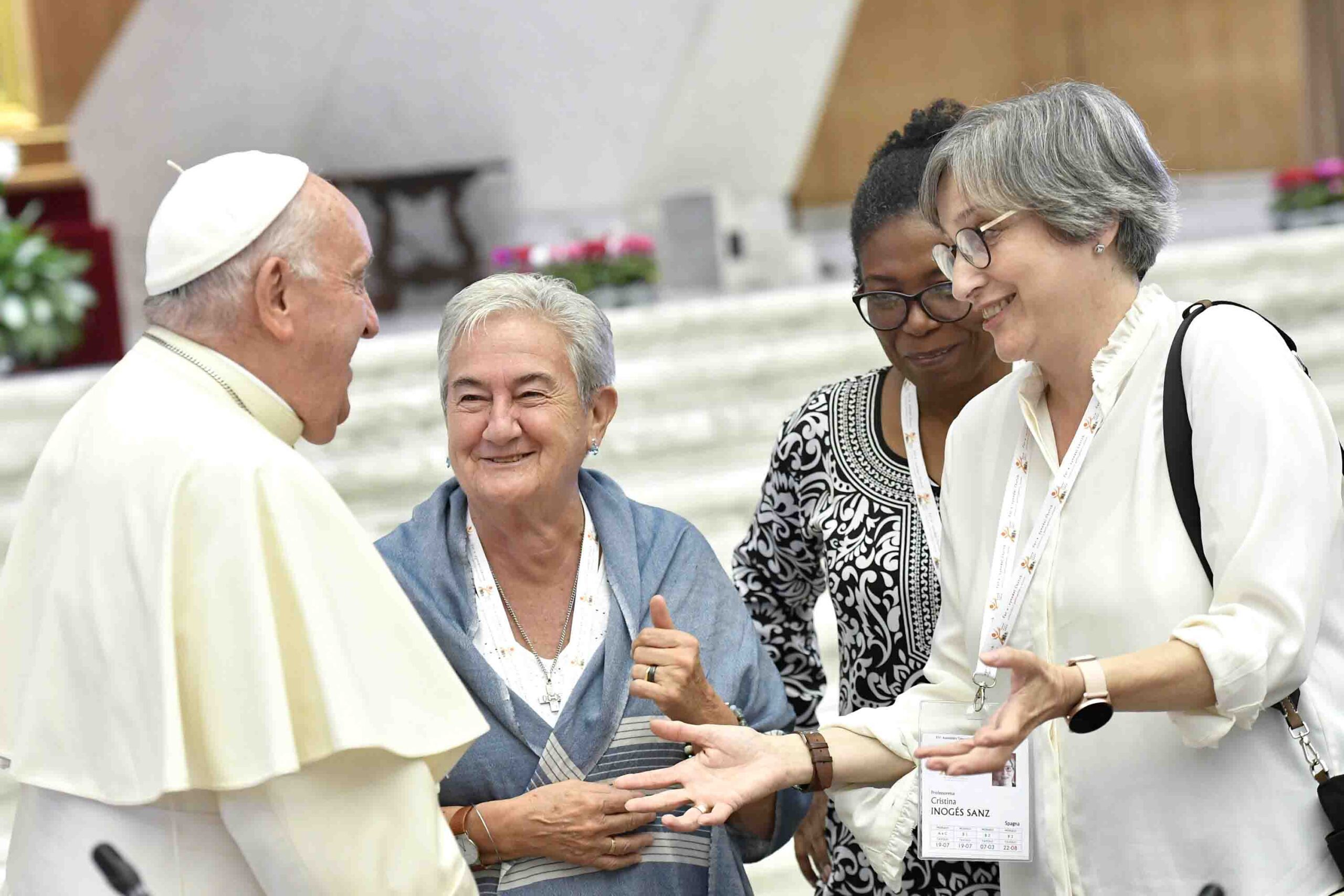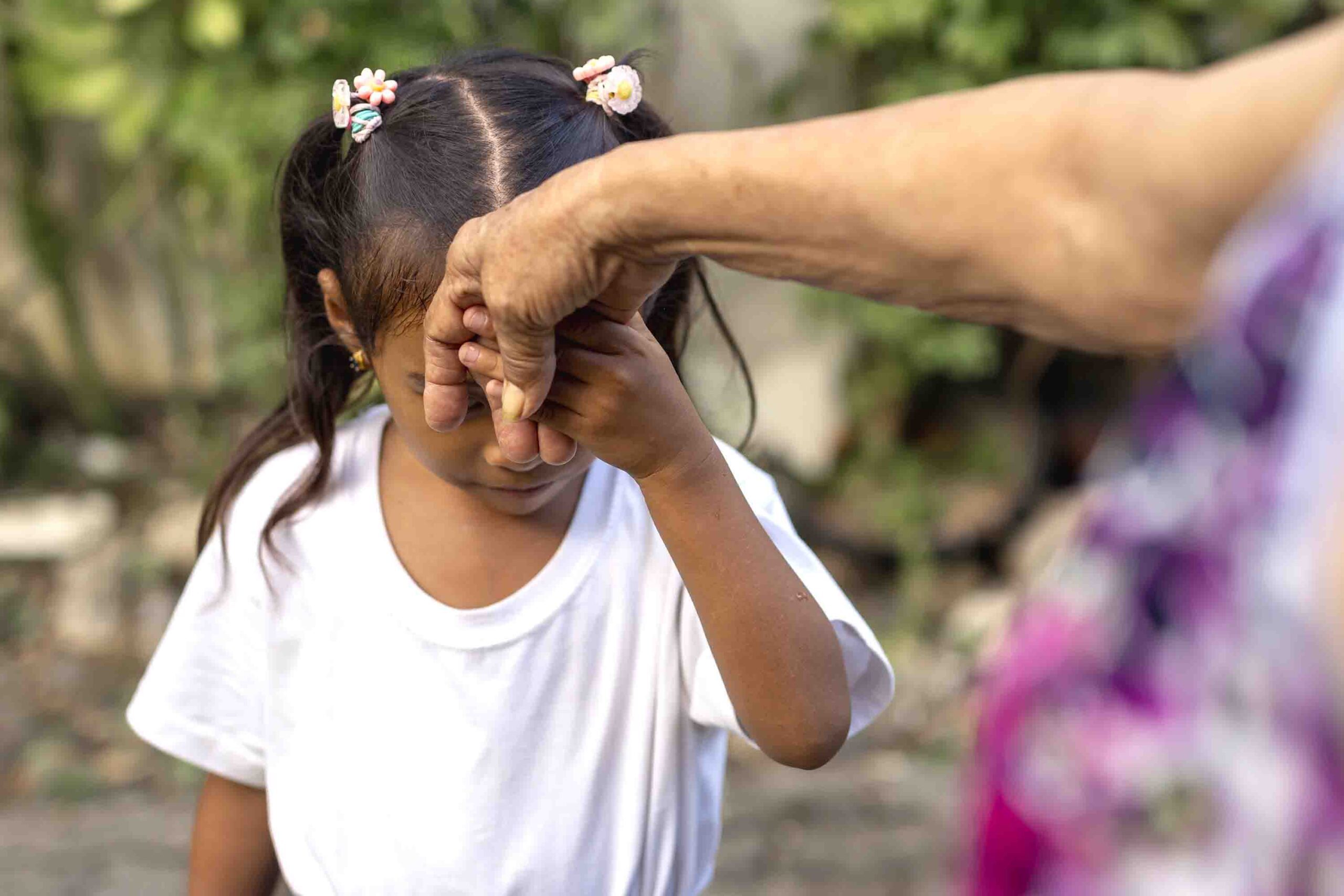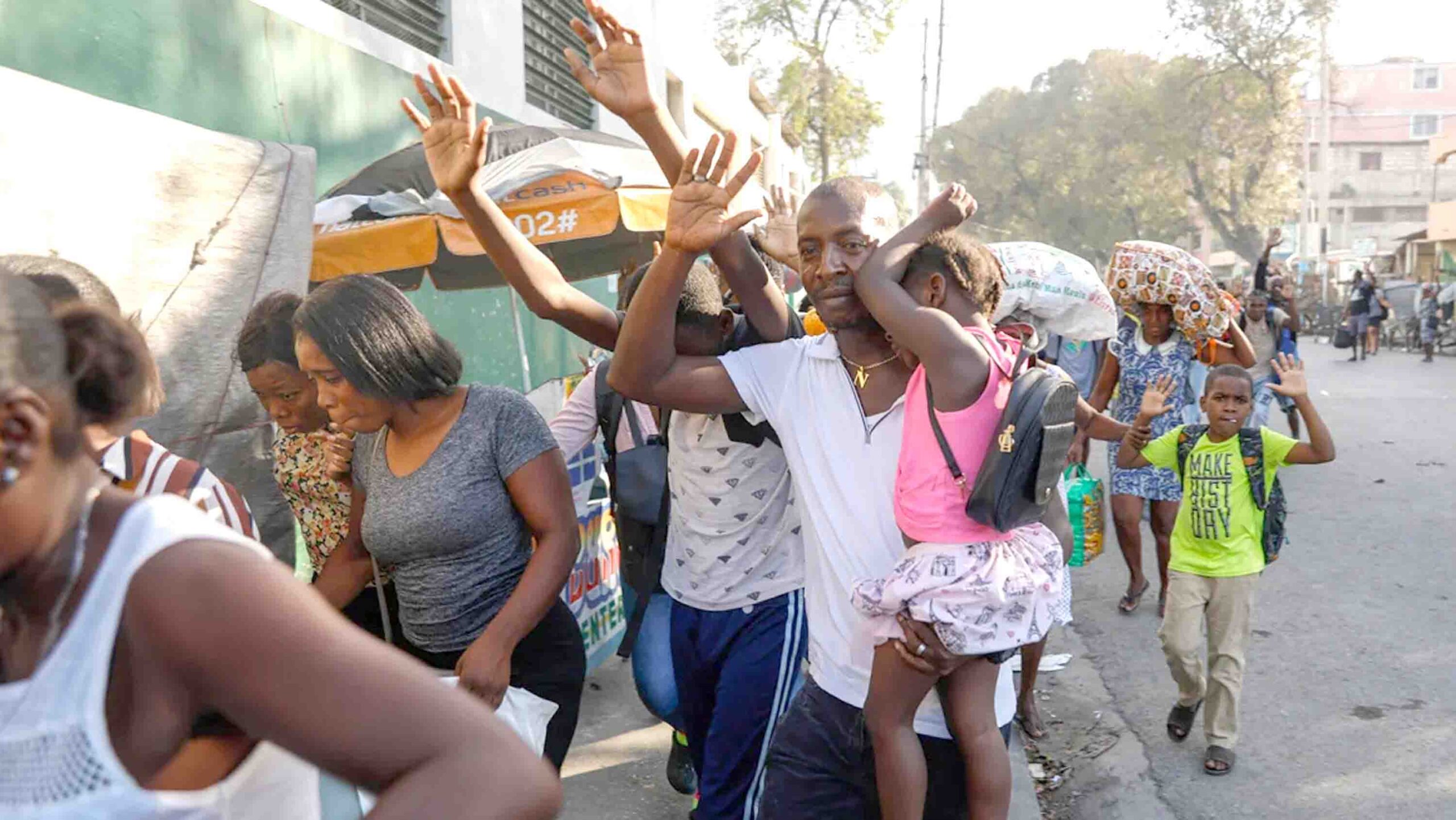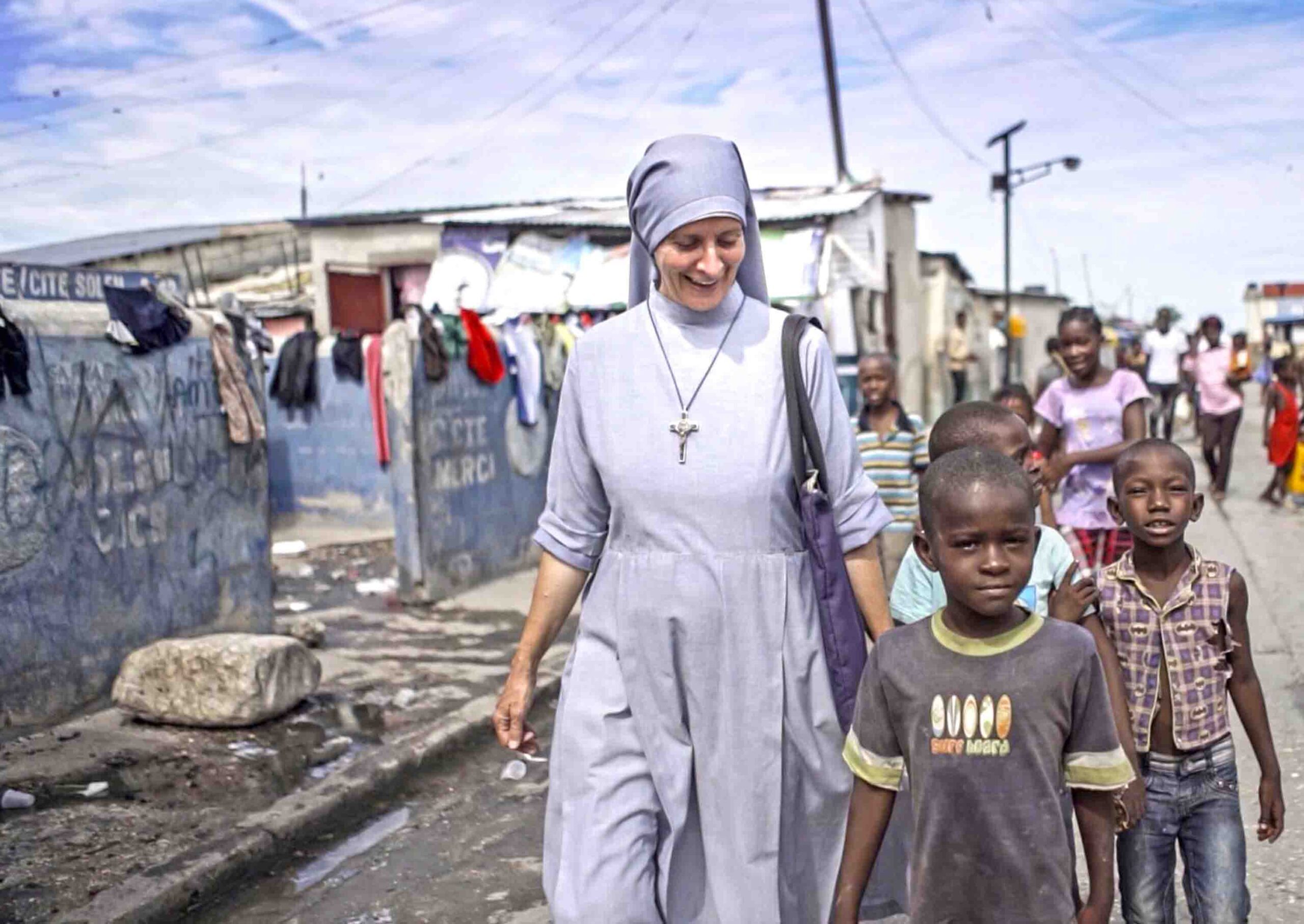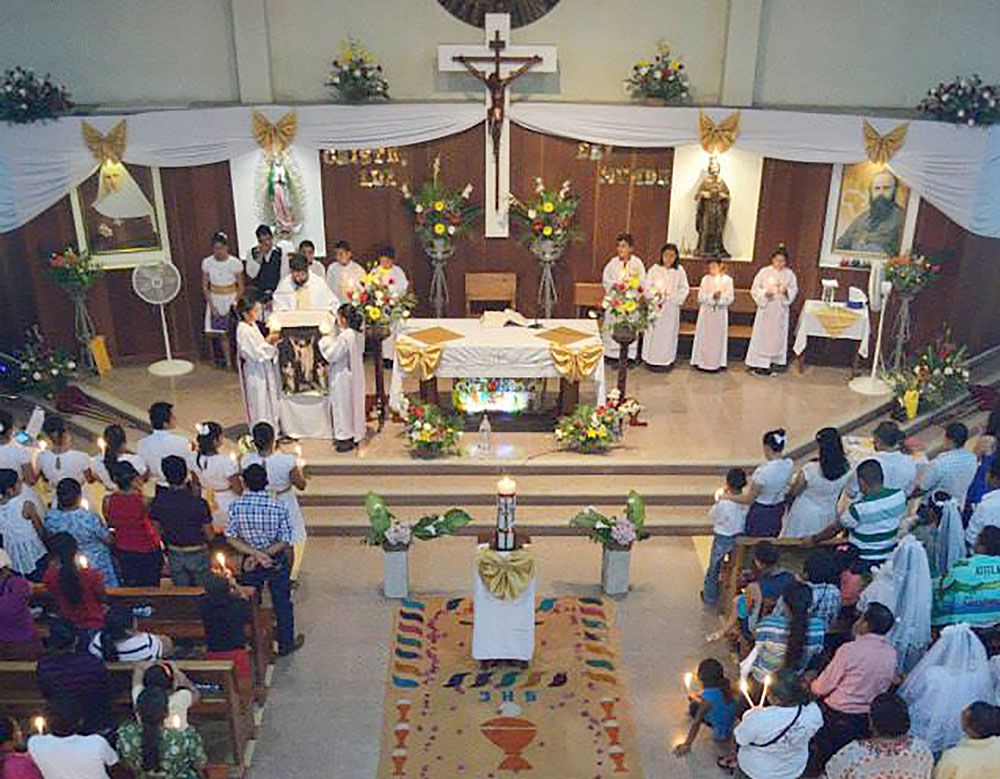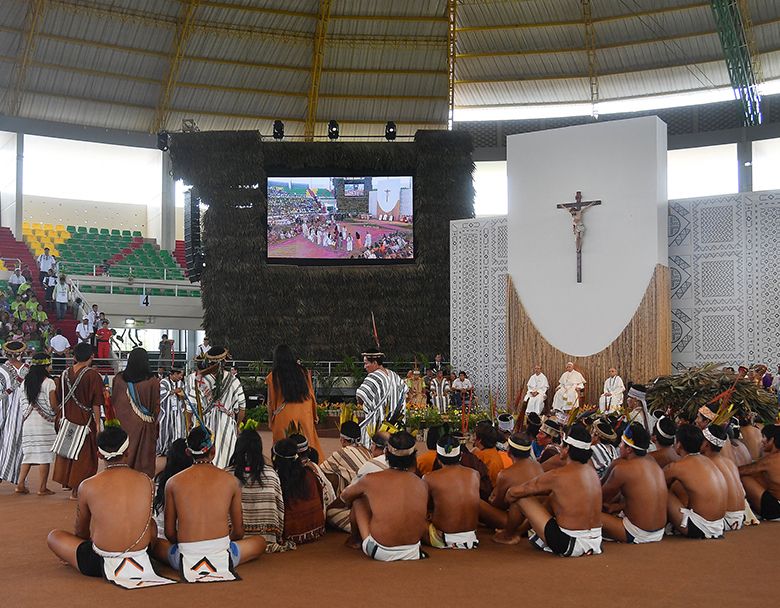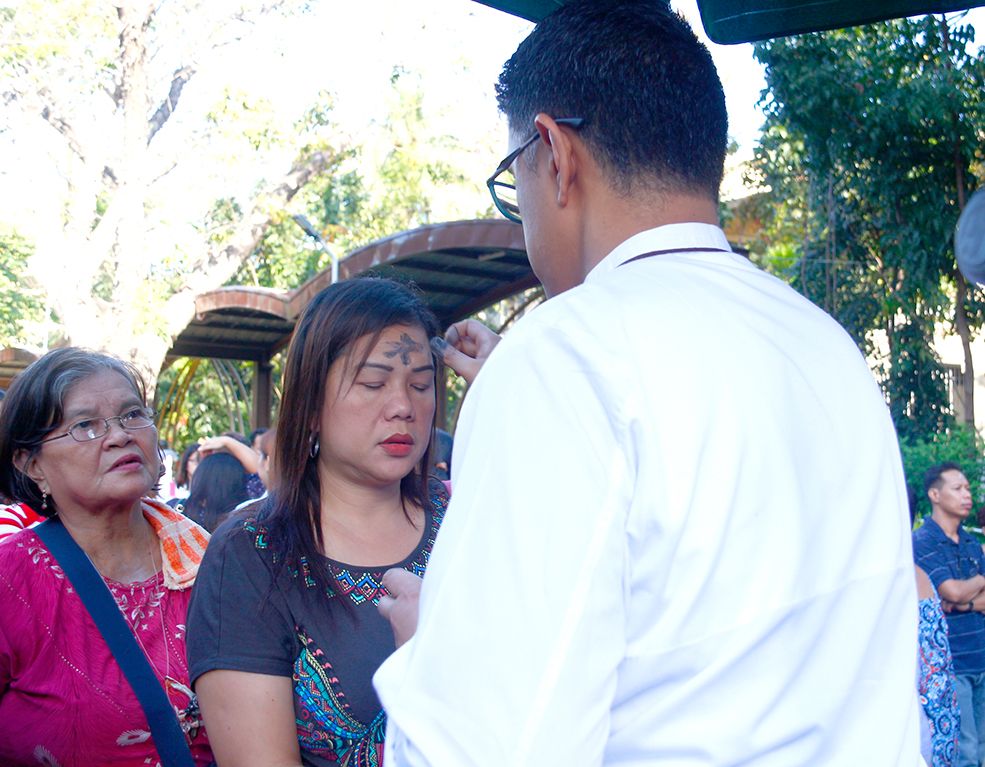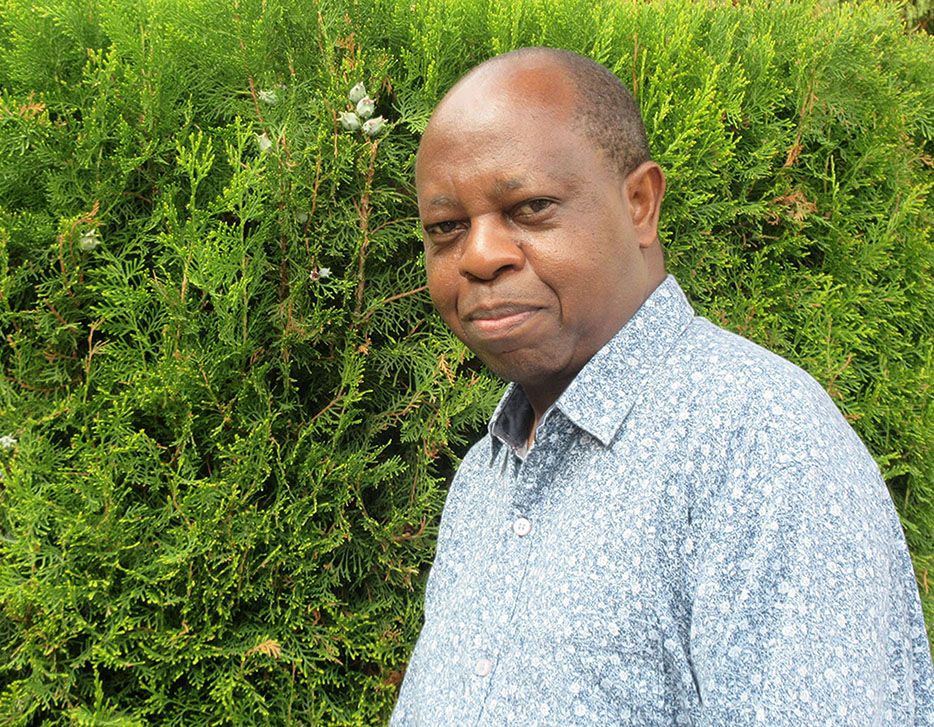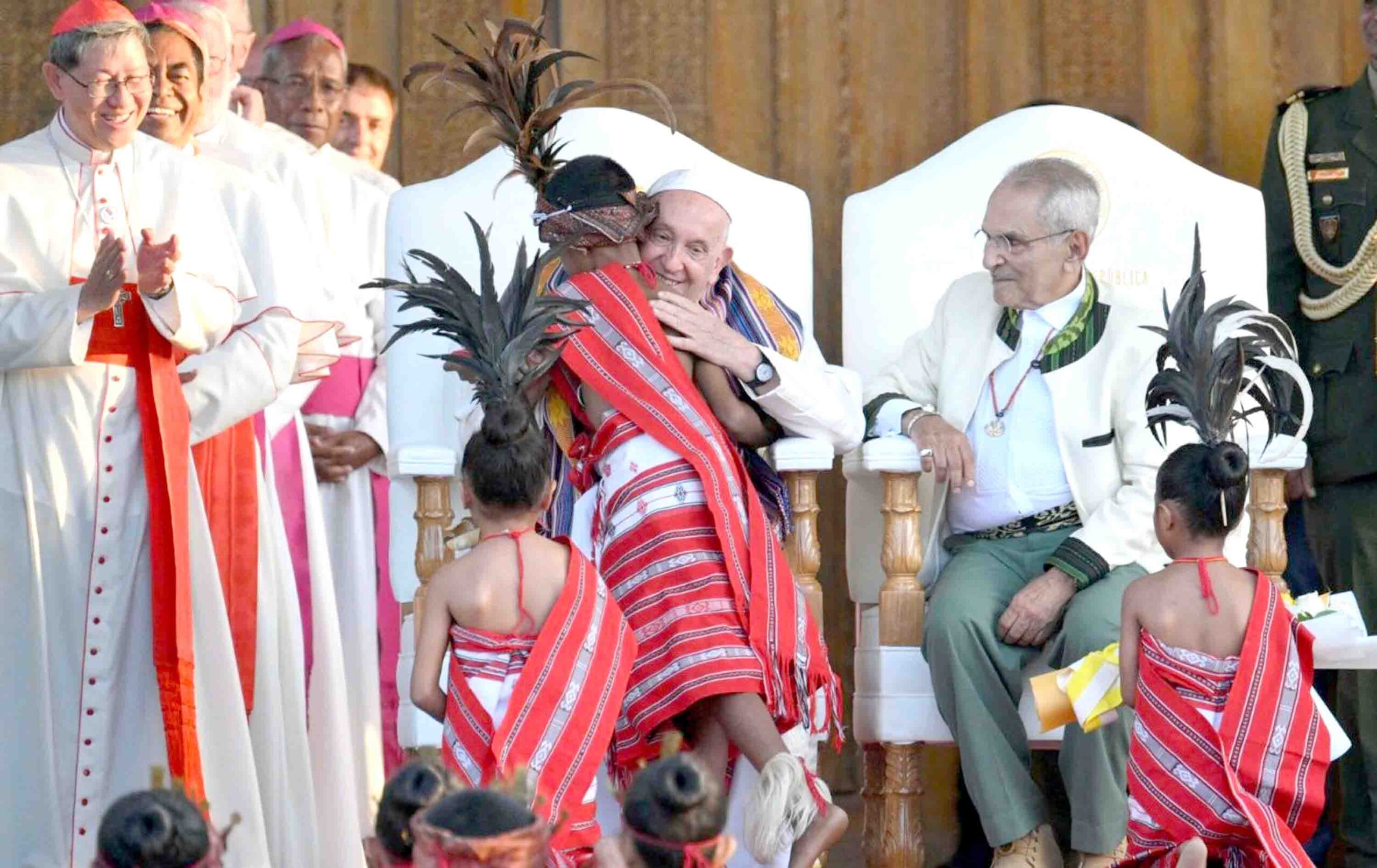The publishing of Fiducia Supplicans on 18 December 2023 by the Dicastery for the Doctrine of the Faith (DDF) caused quite a storm in the Catholic Church and really shone a spotlight on the many divisions that exist within it.
The secular media immediately interpreted the document as a green light for the blessing of same-sex unions, a conclusion that one can only reach if one does not actually read it. Interestingly, the Church’s more progressive and conservative fringes misinterpreted the document in exactly the same way.
The text itself essentially says that blessings should not be denied to people just because they live in irregular relationships, regardless of these being of a homosexual or a heterosexual but canonically invalid nature. It also says that they should never be performed in such a way that can be confused with a marriage or a blessing of the relationship itself.
Any ambiguities that the document may have contained were then clarified by the prefect of the DDF and by the Pope himself in interviews and statements over the following weeks, despite the fact that Fiducia Supplicans had, perhaps unwisely, stated that no clarifications would be forthcoming.
Although some dioceses and entire bishops’ conferences welcomed and lauded the document, many others completely distanced themselves from it, saying it did not apply in their territories, which was an unprecedented challenge to Rome and to the authority of the DDF.
A third group issued clarifications, essentially repeating and highlighting what the document itself already said, that the blessings were only for individuals and not for relationships. This may seem harmless, but the fact that the bishops felt they had to be issued at all is damning for the DDF and its prefect, Cardinal Victor Manuel Fernández, whose job it is to bring clarity to issues and not confusion.
Much has been made of the rejection, en bloc, by the African churches. Still, even though it is undeniable that these did have the most negative reaction, a closer look shows that whereas some bishops’ conferences did proscribe the document, others merely issued the abovementioned clarifications.
The whole situation did allow one man in particular, Congolese Cardinal Ambongo Besungu, to establish himself as a leading and unifying voice for the African Church, which necessarily puts him in the running as a possible successor of Pope Francis.
Francis made Archbishop Ambongo a cardinal and sits on his council of closest advisors, so he can hardly be described as hostile to the Holy Father, which may make him a consensus figure among those who wish for a Pope in line with Francis and those who want a break with the current papacy when the time comes.
WELCOME? REJECTION?
There are many different ways to approach this document, and the reactions from churches and figures around the world showed that.
From a doctrinal point of view, there is not much to say. One needs a certain amount of ill-will to read into Fiducia Supplicans any form of heresy. If it is heretical to offer a blessing to somebody who is living in a way that does not conform entirely to the Gospel, or if such a blessing were always to entail Church approval of lifestyles and personal choices, then we would all be in trouble.
Those who played the heresy card tended to refer to what they believed the authors really wanted to say but had surreptitiously left out, rather than to what is in the text itself. Hence, the ill will.
It is another thing, however, to question the need to publish such a document, knowing it would stir controversy. Was there really a problem in the Church with people requesting and being denied simple non-liturgical blessings? If so–and the hostile reactions from some parts of the world imply that could be the case–then would it not have made more sense to have the Pope himself, for example, casually mention that priests should give simple and improvised blessings to anybody who requests them, without quizzing them over the private details of their lives?
In fact, the Pope had already done just that in his October 2023 response to dubia issued by a group of cardinals, and at the time, though the issue was discussed, there was nowhere near the negative reaction that Fiducia Supplicans generated.
A counter-argument would be that the document was necessary more as a sign of welcome to those who often feel that they are on the margins of Church life; that a person in a homosexual relationship, or a man and a woman living together but unmarried, would read this document as an invitation to draw closer to the Church, and that the blessing they receive might be the beginning of a journey of embracing the Gospel and getting to know Jesus Christ, that otherwise might never happen.
If this was the intention of the Holy Father and the DDF, then unfortunately the division sparked by the document’s publication may have led it to backfire dramatically. One can easily picture a homosexual person, who perhaps has some sort of thirst for a relationship with God, reading some of the vitriol that was hurled around because of Fiducia Supplicans and concluding that the Catholic Church is not as welcoming as the Pope claims it is, or should be.
A third criticism sees the document as pandering to a pro-LGBT agenda. This is an interesting point because it opens up many questions about how the Church should relate to the ideologies and schools of thought of the world in which it lives.
Should gestures of mercy and welcoming be measured according to how the secular world will interpret them, or should they be implemented independently of that?
When the Church calls upon itself the task of “scrutinizing the signs of the times and of interpreting them in the light of the Gospel” (Gaudium et spes), is that not an invitation to try and discern the message and the truth that might exist even in what is often seen as being hostile towards the Church and its teachings? Should the Church treat those who espouse and defend ideas and ideologies seen as incompatible with its teaching as enemies or partners in dialogue? These are all serious questions that do not necessarily have clear answers.
Still, within this idea of the document as pandering to the LGBT agenda, it is interesting that little was made of the fact that Fiducia Supplicans states explicitly that in an ideal scenario, a blessing would be a first step for a person in a homosexual relationship to eventually grow in the faith and embrace the Church’s proposal for their life, which in the case of non-heterosexuals, would imply abandoning any form of homosexual activity. This can hardly be described as a capitulation to the LGBT agenda.
FORTRESS V. FIELD HOSPITAL
Although much is often said about the division between conservatives and progressives in the Church, it can be argued that Fiducia Supplicans revealed that the real division is between those who see the Church and its doctrine as being under siege and in need of defense against the forces of the world; and those who believe that the world needs saving, and so the Church has an obligation to go out to meet even those who would seem to live at odds with what the Gospel teaches.
This opposition can be described as being between a Fortress Church, and what Pope Francis has aptly labelled a Field Hospital Church. It is clear which of the two the Holy Father calls us to be. One can argue about the timing and form of Fiducia Supplicans as a document. Still, it is difficult to deny that the divisions it caused have revealed many in leading positions that are not on board with the notion of the Field Hospital Church.
On the other hand, many of these complain that though the Pope and the Church speak loudly and frequently about the need for Synodality, Fiducia Supplicans, and other controversial documents have been issued by edict rather than as the result of comprehensive and wide-ranging dialogue. This causes many more conservative Catholics to grow weary and suspicious of the synodal process as a whole.
From this perspective, it might seem that Pope Francis, sensing he is getting on in years, and not in the best of health, may be trying to rush through some of his policies, regardless of the division and disturbance they might cause in the communion of the Church, of which he is the main guarantor. Finding a way to make the Church more welcoming and outgoing without leaving behind a large section of the faithful would seem to be the main challenge facing the Pope in the months and years ahead.




